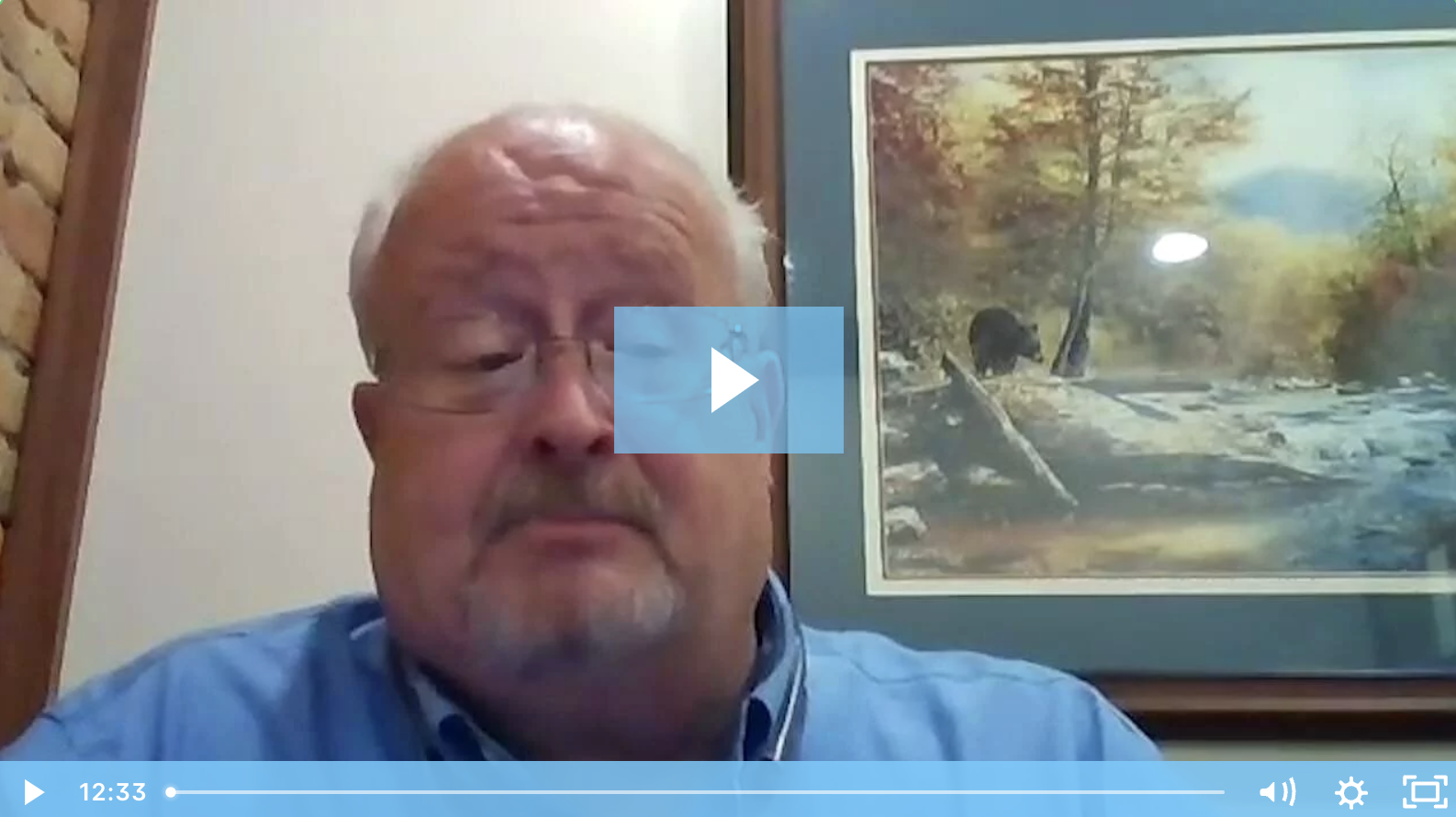
Creating Professional Relationships To Land Inherited Referrals
With a background in nursing, Rahim Charania, an agent from London, Ontario, got into real estate in a nontraditional way.
“I used to operate and manage a nursing home — it was long-term care homes — where I used to have obviously the geriatric and senior population, but then I went off on my own and I had my own portfolio of retirement homes. So I bought them and, you know, receivership or licensing issues, and then I actually redeveloped them.
“And then I ended up selling my portfolio just in March. So that's where I got into real estate because a lot of seniors would then tell me or their families, ‘We have this home now, can you help guide me to sell it?’ Or people that were coming into my retirement homes and I'd tour them, they'd say, ‘Well, we'd have to sell our house first and then we can move in.’ So that's where I'd pop in and say, ’Well, let me help you with that.’
Rahim has only been selling residential and commercial properties since January of this year, but he’s been in the business for more than 10 years. When he was giving tours of his retirement homes, Rahim would find ways to offer his services to people who needed to sell their homes.
“I'd also say, ‘You know what? Let me help sell your place. And that way, I can help you make the most money for you, and I'd be happy to work with you and your family, et cetera, and then navigate also the health care system and then guide you into the process of moving into the retirement home and make that a seamless process for you.”
Strategic Networking
Before getting into the business himself, Rahim developed a large network of real estate agents that he’d refer to people in his retirement homes. His agent connection allowed him to join a prestigious brokerage that doesn’t typically employ newer agents.
“He said, ‘Look, I know you're new. We don't take on new people.’ But you know, he obviously saw something in me in a sense, and he said, you're going to learn, and we're going to teach you. So it was really nice in that sense of taking me under the wing, which is really good.
Calling on his experience in the retirement home sector, Rahim has been sending out letters to owners of retirement homes and communities to partner with them for referrals.
“So what I've done is, you know, I built obviously a letter just saying, ‘Hey, you know what? I'm new to the industry, but this is my background. I understand your industry very well, but I'd like to connect with you and on a referral basis. And if I can help you and provide my services or provide some direction, pro bono for free because you know, obviously we're going to — we're in the same sort of industry, but a little different, then we can help each other.’
“And my letter basically says that here's tips, et cetera, you know? ‘I wish you best of luck and please reach out to me should you have any questions or if I can help you.’ So I've gotten two listings like that in the last two weeks. So that has helped. So I'm on my fourth listing in like three weeks, which is really nice, but initially, I was cold calling.”
Inherited Homes
Another aspect of Rahim’s real estate business is working with people who inherit homes from loved ones who have passed. His background in senior care has helped him understand and navigate the process with loved ones and manage their stress.
“It's just guiding them through that process because I mean, it's a difficult time. Right? But also then, they don't know what to do in a sense, and that's where I can help out.
He says other agents looking to tap into the inherited niche should reach out to nursing home owners or executive directors and attempt to form relationships that will bring them repeat business.
“A lot of real estate companies have some sort of sponsorship or donation of some sort, and if we can help them, they help us. It's a win, win. And that's where those referrals come from.
“That's when I say, you know what, my background, I'm a nurse by background. And I have helped a lot of people, especially when their loved one has passed away. And I know it's a difficult time. And I think that empathy, that genuineness to say, ‘I know it's a difficult time and I know it's a process and it can take 60 to 120 days easily going through the lawyers, et cetera. I know you're going through a lot and if I can help you to list the home so you can focus on what you need to because I know it's a stressful time, I'm more than happy to help you with that.”
He often takes potential clients to lunch so he can establish rapport and explain to them the benefit of partnering with someone like him, who has experience in their field.
“And that's where I say, ‘I'm new to the field. There's a lot of paperwork involved and there's a lot of background work that I didn't realize — and you possibly don't realize.
“Cause they've had a bad experience with a real estate agent or they feel that they're paid too much, et cetera. And that's where I've gone into, you know, what I thought — they get paid too much, too. But then when I realized the marketing costs, the time what's the value and the time plus all the paperwork, plus all the listing, plus the people they speak to the showings, the advertising costs, the gas, the insurance on their car.”
Want more on listing inherited homes? Go check out our full course: How To Find Inherited Homeowners And List Them

